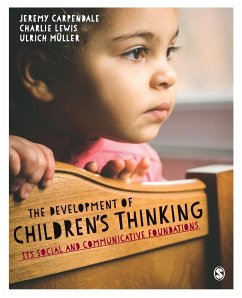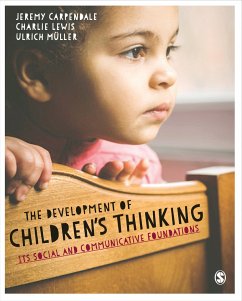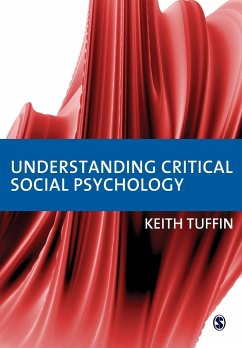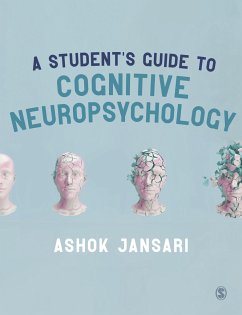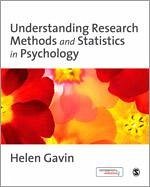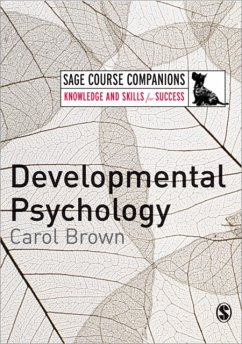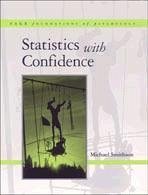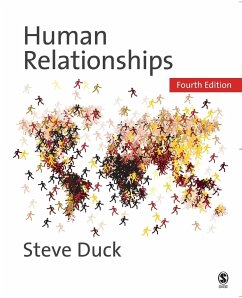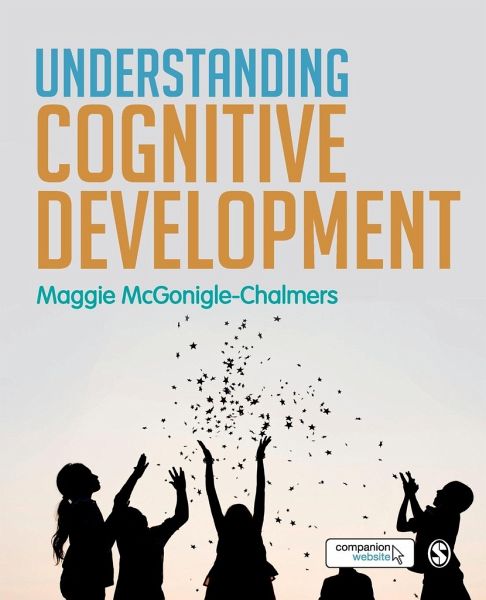
Understanding Cognitive Development
Versandkostenfrei!
Versandfertig in 6-10 Tagen
35,99 €
inkl. MwSt.
Weitere Ausgaben:

PAYBACK Punkte
18 °P sammeln!
Understanding Cognitive Development provides a fresh, evidence-based research perspective on the story of children s cognitive development in the first ten years of human life.Starting with a brief survey of the key theoretical positions that have come to define developmental psychology, the textbook then focuses on the different cognitive abilities as they emerge throughout early development. Uniquely, it examines these in terms of their interdependence; that is how skills such as perception, memory, language and reasoning relate to one another. This holistic treatment allows students to see ...
Understanding Cognitive Development provides a fresh, evidence-based research perspective on the story of children s cognitive development in the first ten years of human life.
Starting with a brief survey of the key theoretical positions that have come to define developmental psychology, the textbook then focuses on the different cognitive abilities as they emerge throughout early development. Uniquely, it examines these in terms of their interdependence; that is how skills such as perception, memory, language and reasoning relate to one another. This holistic treatment allows students to see the many important intersections in this critical phase of human life development.
This textbook employs a novel design that will be of immense help to both students and instructors and is intended to be read at two levels: at the first level, it provides a fully referenced explanatory account of experimental research on cognitive development with complete attentionto the needs of students who have never been exposed to experimental methodology nor studies in cognitive development before.
At the second level, and mapped directly onto numbered sub-sections within the text, the author uses illustrative panels designed along the lines of PowerPoint presentations to summarise studies and key findings, employing lots of pictorial material together with bullet-points to give vividness and texture to the material covered. These panels are replicated on the accompanying companion website in PowerPoint for lecturers and students to make further use of in teaching and revision. Revision points are provided at the end of every chapter.
Rich in academic coverage, including a widespread database of the most important empirical research in the field, this textbook will be essential reading for students of cognitive development and developmental psychology across psychology and education.
Starting with a brief survey of the key theoretical positions that have come to define developmental psychology, the textbook then focuses on the different cognitive abilities as they emerge throughout early development. Uniquely, it examines these in terms of their interdependence; that is how skills such as perception, memory, language and reasoning relate to one another. This holistic treatment allows students to see the many important intersections in this critical phase of human life development.
This textbook employs a novel design that will be of immense help to both students and instructors and is intended to be read at two levels: at the first level, it provides a fully referenced explanatory account of experimental research on cognitive development with complete attentionto the needs of students who have never been exposed to experimental methodology nor studies in cognitive development before.
At the second level, and mapped directly onto numbered sub-sections within the text, the author uses illustrative panels designed along the lines of PowerPoint presentations to summarise studies and key findings, employing lots of pictorial material together with bullet-points to give vividness and texture to the material covered. These panels are replicated on the accompanying companion website in PowerPoint for lecturers and students to make further use of in teaching and revision. Revision points are provided at the end of every chapter.
Rich in academic coverage, including a widespread database of the most important empirical research in the field, this textbook will be essential reading for students of cognitive development and developmental psychology across psychology and education.





